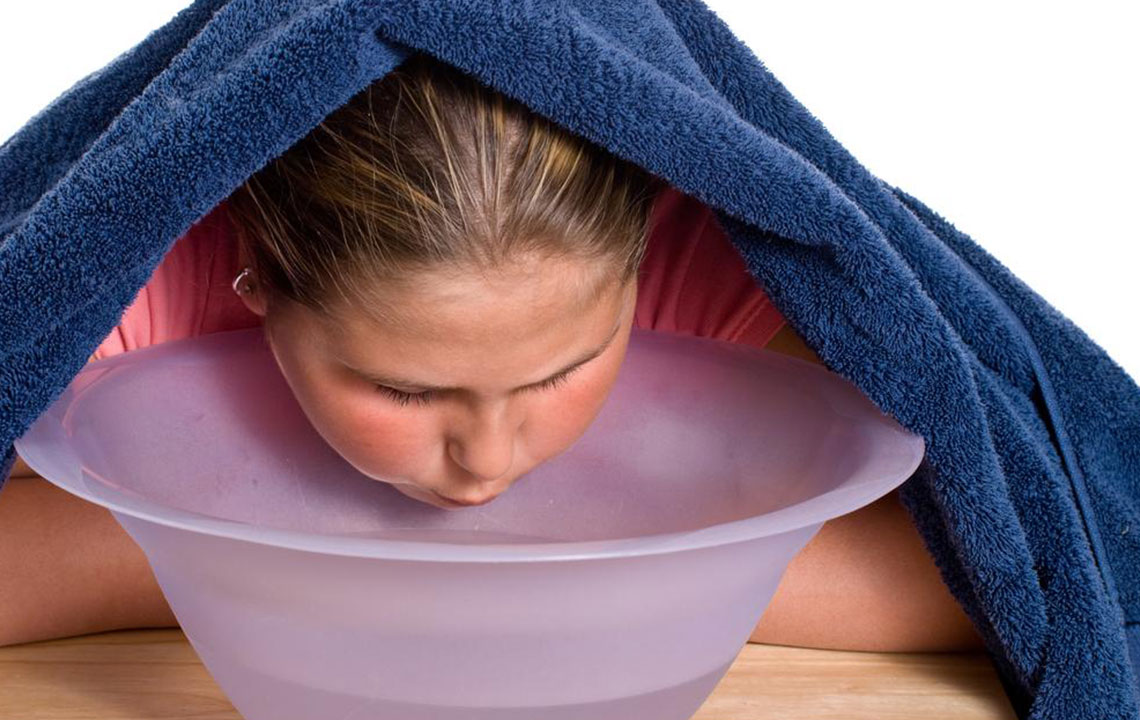Effective Natural Methods to Combat Dust Allergies Indoors
Discover comprehensive natural and lifestyle strategies to effectively manage dust allergies indoors. Learn about home remedies, preventive measures, and medical options to reduce symptoms, create a healthier living environment, and enjoy relief from allergic reactions. This detailed guide offers practical tips suitable for anyone looking to improve indoor air quality and minimize allergy triggers for long-term comfort.

Effective Natural Methods to Combat Dust Allergies Indoors
In today's world, allergic reactions triggered by environmental factors such as dust, pollen, pet dander, and airborne pollutants are becoming more prevalent among various age groups. Individuals with weakened immune systems or respiratory sensitivities are particularly susceptible to these allergenic agents. Among these, dust allergies are one of the most common complaints, arising mainly from dust mites, pet fur, pollen particles, and roaches. Recognizing early symptoms like frequent sneezing, itchy eyes, nasal congestion, and persistent postnasal drip can help in identifying allergies promptly. The central strategy to managing dust allergies involves reducing exposure to these triggers and adopting lifestyle habits that mitigate symptoms effectively.
Implementing a combination of lifestyle adjustments along with natural remedies can significantly help in alleviating allergy symptoms and improving quality of life. Besides conventional medications, many natural approaches and home remedies can support your immune system and reduce allergic reactions, especially when used consistently alongside medical advice. This comprehensive guide covers various methods—from natural remedies and home strategies to preventive measures—to help you manage dust allergies efficiently within your home environment.
Medications for Symptom Relief
Over-the-counter antihistamines such as loratadine or cetirizine are effective in reducing sneezing, runny nose, and itchy eyes, providing quick symptom relief.
Nasal corticosteroids, including fluticasone or mometasone, help diminish nasal inflammation with fewer side effects when used as directed.
Decongestants, available in oral or nasal spray forms, can temporarily ease nasal congestion and promote easier breathing during flare-ups.
In cases of persistent allergies, allergen immunotherapy like allergy shots can offer long-term relief by gradually desensitizing the immune response.
Effective Home Remedies for Dust Allergy Relief
Saltwater Gargles: Gargling with warm saltwater can soothe irritated throats and support immune health, aiding the body in becoming more tolerant to allergens over time.
Peppermint Tea: Rich in anti-inflammatory and antibacterial compounds, peppermint tea can help open nasal passages, reduce congestion, and provide quick natural relief from allergy symptoms.
Horseradish: Known for its decongestant properties, grated horseradish mixed with a little water can be consumed directly or added to foods to help clear nasal passages.
Steam Inhalation: Inhaling the vapors from hot water infused with eucalyptus oil or herbs can loosen mucus and clear clogged sinuses, offering temporary comfort in allergy episodes.
Proactive Preventive Measures for Long-Term Control
Create a Dust-Free Living Space: Regularly dust and vacuum using HEPA-filtered appliances, minimize clutter that can harbor dust mites, and keep belongings that attract dust, such as books and textiles, outside bedrooms whenever possible.
Maintain Optimal Cleanliness: Wipe surfaces with damp cloths to trap dust, wash bedding weekly at high temperatures, and keep indoor humidity levels between 30-50% to hinder dust mite proliferation.
Protect Yourself During Travel: Use masks in dusty environments, keep vehicle windows closed, and avoid outdoor areas with high pollen or dust concentrations when allergy symptoms flare.
Manage Workspaces Effectively: Regularly dust office equipment, sanitize work surfaces, and wear masks if you handle dusty materials to prevent allergy aggravation during work hours.
Allergy management should always involve consultation with healthcare professionals prior to starting any medication regimen. While home remedies are valuable supplementary tools, professional guidance ensures safe and effective treatment tailored to individual needs. Combining medical advice with lifestyle changes can greatly enhance symptom control and improve overall well-being for individuals suffering from dust allergies.




